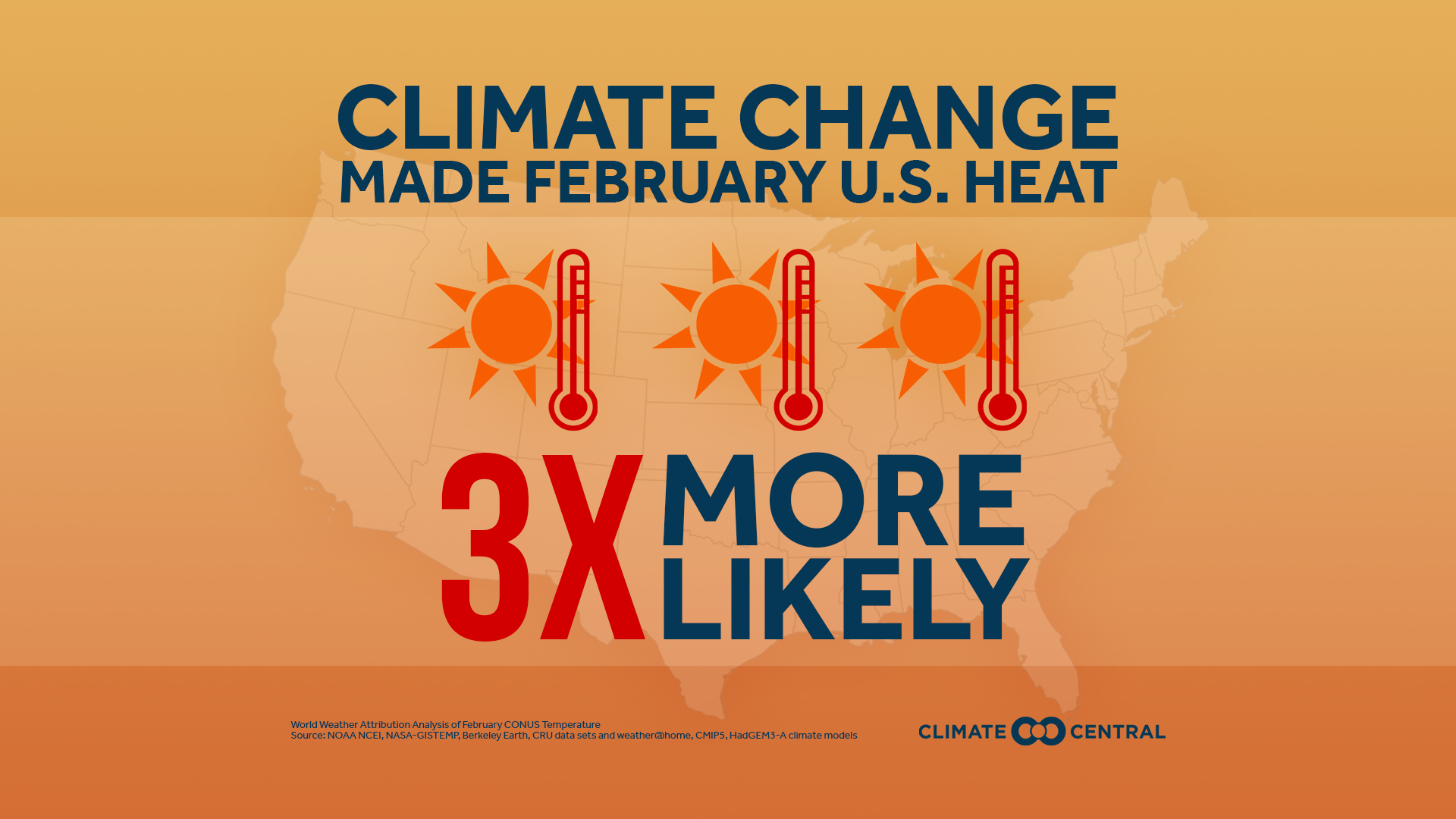TV Weathercasters Are Being Recruited to Convince People Climate Change Is Real
Credit to Author: Kate Lunau| Date: Fri, 08 Sep 2017 14:43:18 +0000
Hurricane Irma, one of the strongest hurricanes ever recorded in the Atlantic, is ripping through the Caribbean with incredible destructive force, and as of Friday had left at least 19 people dead. Florida is now bracing for the storm to make landfall over the weekend: Miami Beach mayor Philip Levine called it a “nuclear hurricane” and urged residents to evacuate. Irma is one of three hurricanes blaring across the Atlantic, barely a week after Hurricane Harvey swamped Texas with devastating floods and left a death toll of at least 70.
Environmentalists and climate scientists are pointing to the storms as real-world examples of climate change’s effects. Models predict that hurricanes will be more destructive as the sea levels rise and temperatures warm. But their message is struggling to get traction, while conservatives push back against “activists” who mention climate change during a crisis. In the wake of Harvey, Energy Secretary Rick Perry said it was “not the time” to get into climate change, and a Conservative British politician called it “inhuman” to even mention a connection right now.
TV weathercasters and meteorologists might be uniquely positioned to make a difference here. These people are “much more trusted than other journalists, and have much better access—and often better communication skills—than climate scientists,” Edward Maibach, a a social scientist at George Mason University, told me via email.
Case in point: A clip of WKRG Alabama meteorologist Alan Sealls calmly discussing the three Atlantic hurricanes made it to the top of Reddit on Thursday. While he doesn’t discuss climate change specifically here, it shows the reach that TV weathercasters can have.
Alan Sealls went viral for his hurricane reporting. Video: WKRG/YouTube
Maibach is a driving force behind Climate Matters, a US-based program that recruits TV weathercasters to talk about climate change in their forecasts. It first launched with a pilot project in South Carolina in 2010. According to a report published Tuesday on Scientia, a science outreach publication, there are 430 weathercasters participating across the US, in 136 of America’s 210 media markets. Authored by Maibach, it says weathercasters’ on-air reporting about climate change increased over 1,200 percent between 2013 and 2016.
Weathercasters are driven by political ideologies and other forces, just like the rest of us
This actually makes a lot of sense. It’s no secret that the weather segment is often the most popular part of a daily newscast. And even when weathercasters get a forecast wrong, they tend to be trusted, familiar faces. They know their community, too.
“A lot of the world experiences climate change through extreme weather,” Climate Matters director Bernadette Woods Placky, a meteorologist who spent 10 years as a TV weather forecaster, told me over the phone. “It’s an opportunity that smacks you in the face and forces you to think somewhat differently when you’re in the path of it.”

Even so, weathercasters are driven by political ideologies and other forces, just like the rest of us. Earlier this year, Boston meteorologist Mish Michaels was dismissed from her job after questioning the safety of vaccines and the reality of global warming, according to a report in The Boston Globe. She later stated that she is not a “climate change denier.”
As recently as 2016, less than half (46 percent) of weathercasters in a national survey said they were convinced that climate change over the last 50 years “has been primarily or entirely due to human activity,” with 24 percent saying it was “primarily or entirely due to natural events.” Altogether, 99 percent agreed climate change is happening.
“I don’t often talk specifically about climate change on the air,” David Finfrock, NBC-5 chief meteorologist in Dallas-Fort Worth, told D Magazine earlier this year. He cited, in part, the challenges of the medium: TV broadcasts are short and to-the-point, which makes it hard to “go into detail,” he continued. “I do have more flexibility on social media, and will more often post climate change data there, rather than on TV.”
Weathercasters’ views are evolving, Maibach told me. His 2017 paper found that about 80 percent of the US weathercasters surveyed agreed that climate change is caused by humans. (Maibach was lead author on both the papers mentioned above.)
Read More: How to Get People to Give a Shit About Climate Change
It can be hard to strike a balance. David Phillips, senior climatologist for Environment and Climate Change Canada, has been commenting on extreme weather events in the media for many years. “I think it’s a risk—they can’t show bias, they can’t just preach [climate change],” he told me in a phone interview. “They have to explain it. The balancing act is quite important.” Phillips isn’t shy talking about climate change, but he’s found himself occasionally alienating environmentalists, he said, who “don’t like me because they think I don’t come out strong enough on it.”
Florida is bracing for Hurricane Irma, while people in the Caribbean and Texas deal with the aftermath of the storms there.
“Most Americans don’t understand that climate change is happening in their backyard,” Maibach told me. “They see it as a problem somewhere else, at some time in the future, and mostly affecting polar bears. The reality is that climate change is happening here, now, in every community in America, and it is harming us in a number of important ways.”
Get six of our favorite Motherboard stories every day by signing up for our newsletter.